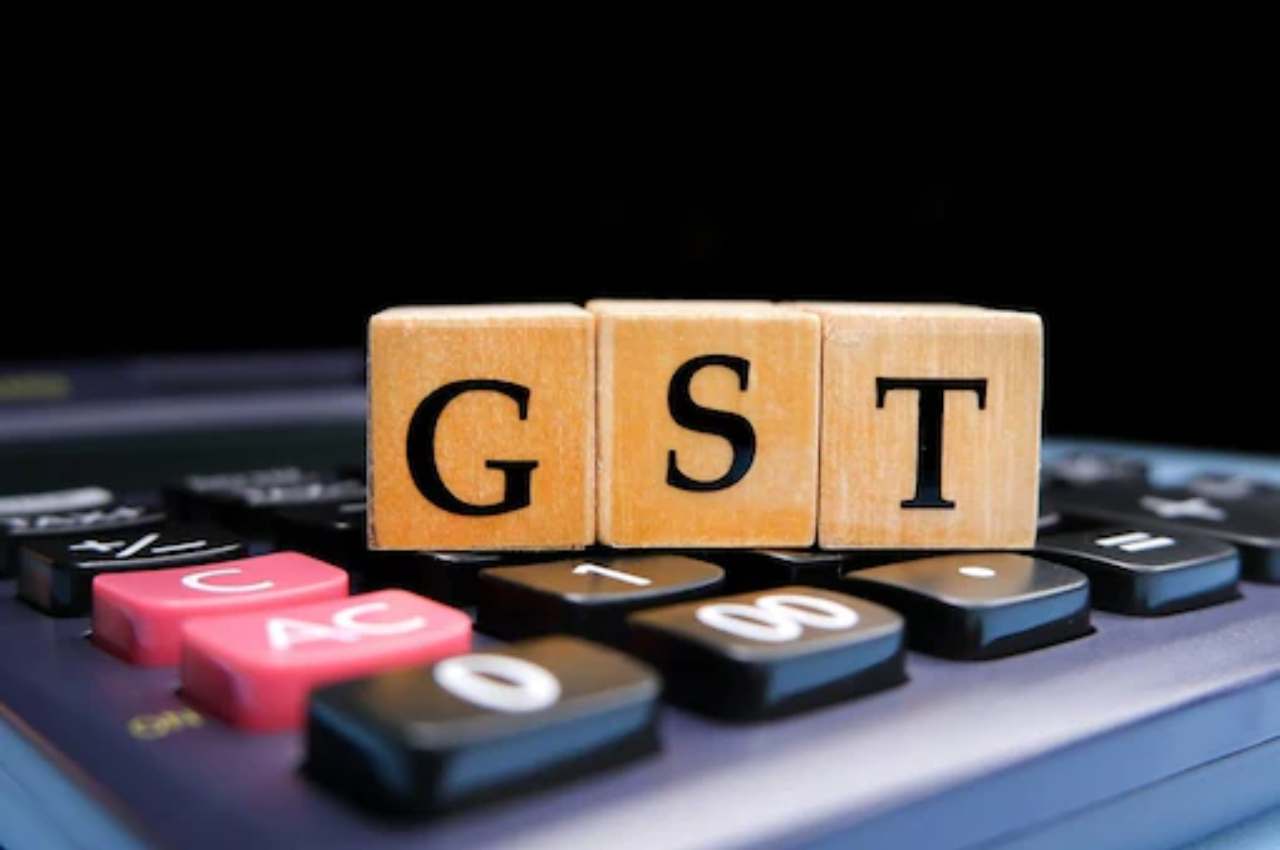New Delhi: The real intent and purpose behind introducing Goods & Service Tax (GST) was to achieve “one nation-one tax” and “ease of doing business”. Even Prime Minister Modi described GST as “Good & Simple Tax”. However, on the ground, it’s the most complex system introduced marred with multiple problems, including repeated multiple glitches, denying credits during transitional stage to the genuine businesses leading to avoidable litigation.
In the GSTN Council, quite a few changes were introduced, rates of GST increased in some cases, exemptions withdrawn that have triggered debates.
The first and foremost most contentious amendment is to impose GST on pre-packed food items, grains whether branded or not shall attract 5% GST. Though, a clarification has been issued by CBIC, based on provisions contained in Legal Metrology Act, 2009, where the food grains sold in packing of 25kg or more shall not be taxable.
Thus, all the small packets on 200 ml of milk, butter milk, curd or similar products or food grains shall attract GST @5%.
Though in the past, the purchasers were liable to pay purchase tax on purchase of some of the food grains, which was part of cost of production, but the retail dealers were not burdened with the compliances with the provisions of law and additional costs are not passed on to the consumers.
The ground advanced by the Union Finance Minister is to check leakage of revenue, little realising that the revenue leakage may or may be arrested, but the rate of corruption and harassment of small-time uneducated traders at the hands of already high headed departmental officers, who are known for wrong reasons.
When GST was introduced, the small hotels were kept out of GST with a purpose that these hotels are mostly frequented by small traders, workers, students or travellers, who are from the lower strata of the society. Moreover, most the owners are not very well educated and are not familiar with the intricacies of the complex GST system. Further, the cost of enforcement of law would be much more than revenue involved.













